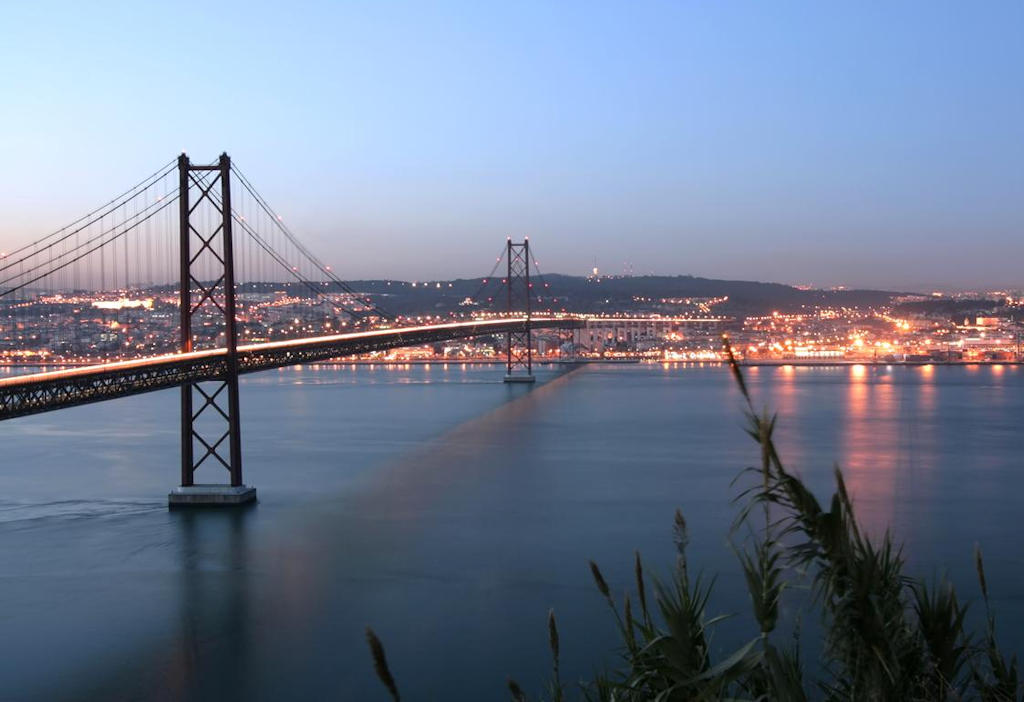The river's influence on the city's architecture and urban development is evident along its banks. Lisbon's iconic neighborhoods, such as Alfama, Baixa, and Belém, have flourished in close proximity to the Tagus River, benefiting from its proximity to trade routes and maritime activities. The riverfront promenades, known as "docas", offer a vibrant atmosphere with bustling cafes, restaurants, and cultural venues, inviting locals and tourists to enjoy the picturesque views and lively ambiance.
The Tagus River also boasts several noteworthy landmarks that have become symbols of Lisbon. One such landmark is the majestic 25 de Abril Bridge, reminiscent of San Francisco's Golden Gate Bridge, which spans the river, connecting Lisbon to the municipality of Almada. The iconic Christ the King statue, inspired by the Christ the Redeemer statue in Rio de Janeiro, stands proudly overlooking the river, serving as a symbol of faith and offering panoramic views of the city.
Lisbon.vip Recommends
Furthermore, the Tagus River is a habitat for diverse flora and fauna, contributing to the ecological richness of the region. Birdwatchers can spot various species of birds, including flamingos, herons, and seagulls, making it a haven for nature enthusiasts.
Today, the Tagus River continues to be a vital part of Lisbon's identity, blending history, beauty, and functionality. Its enduring presence reminds us of the city's maritime legacy, while its scenic landscapes and recreational opportunities invite us to appreciate the natural wonders it offers. As the lifeblood of Lisbon, the Tagus River stands as a testament to the deep connection between the city and its waterway, weaving a story of cultural heritage, exploration, and the ever-flowing spirit of Lisbon.



